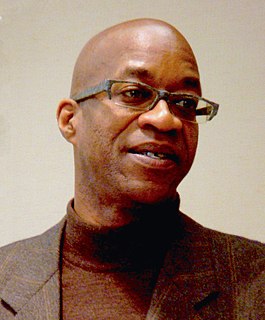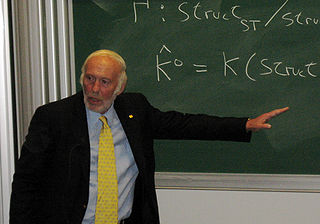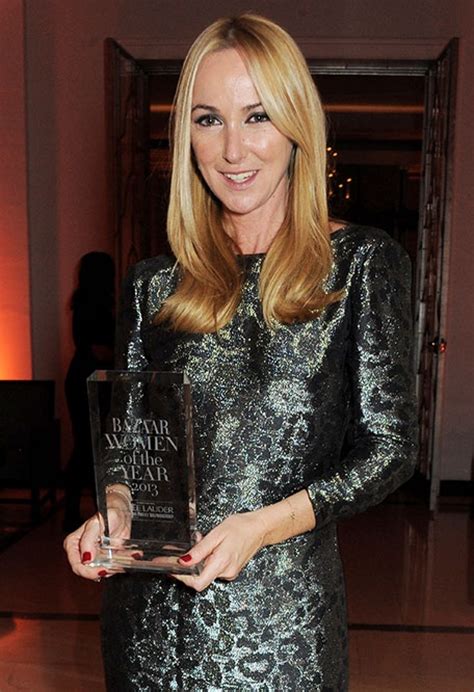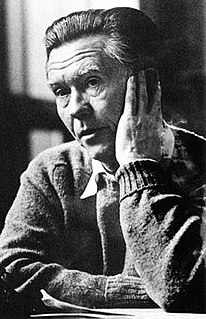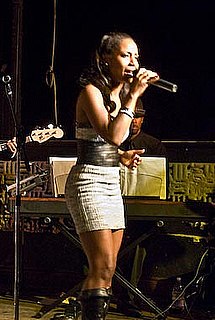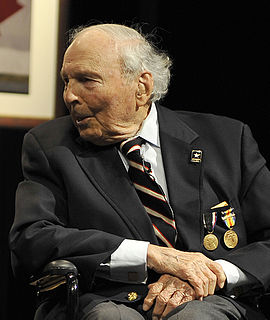A Quote by Edwin Moses
I found ways to maintain my performance through working with professionals and doing things that other people weren't doing. Later in my career, I had a great physical therapist who kept me out on the track. We were doing innovative things like ice baths back in the early '80s when everyone else thought it was crazy.
Related Quotes
The secret of the truly successful, I believe, is that they learned very early in life how not to be busy. They saw through that adage, repeated to me so often in childhood, that anything worth doing is worth doing well. The truth is, many things are worth doing only in the most slovenly, halfhearted fashion possible, and many other things are not worth doing at all.
I'm from a working-class family. We didn't have a lot, but we had the arts. You're talking to a guy who is making a living at doing what he loves doing - acting, singing and dancing. So any career ups and downs were not that significant to me; the only things that really powerfully impinged on me were my losses, and there were many in my life.
I became an air display pilot. I used to teach it. I was an examiner for a few years as well. It was great fun. I would still be doing it now if pretty much everyone I knew who was doing it hadn't died. In the first team I joined there were six people in it. By the time I stopped, there was only me and one other left - everyone else had died.
As I've gone through life, I've found that your chances for happiness are increased if you wind up doing something that is a reflection of what you loved most when you were somewhere between nine and eleven years old. [...] At that age, you know enough of the world to have opinions about things, but you're not old enough yet to be overly influenced by the crowd or by what other people are doing or what you think you 'should' be doing. If what you do later on ties into that reservoir in some way, then you are nurturing some essential part of yourself.
I remember my parents yelling at each other and at me from an early age, and I remember a lot of things smashing. I try to look for the happy memories from the brief time my parents were married, and I can't really recall that. From the start things were messed up, and I just kept moving through the years and trying to pick out the little bits of evidence that would help me prove to myself that it wasn't my doing. But it took finding out somebody really does love me, who's not my parents or a relative, to really know that I was loveable.
I have to tell you, a few people had very controversial feelings about what I was doing with Gucci at the beginning, and now, after a couple of years, they are changing their minds. I want to give journalists the time and space to know me and what I'm doing better. But it's not a priority for me. At the end of the day, I am not an artist; I am not doing a performance; I'm doing things that need to be sold. And I know my job.
